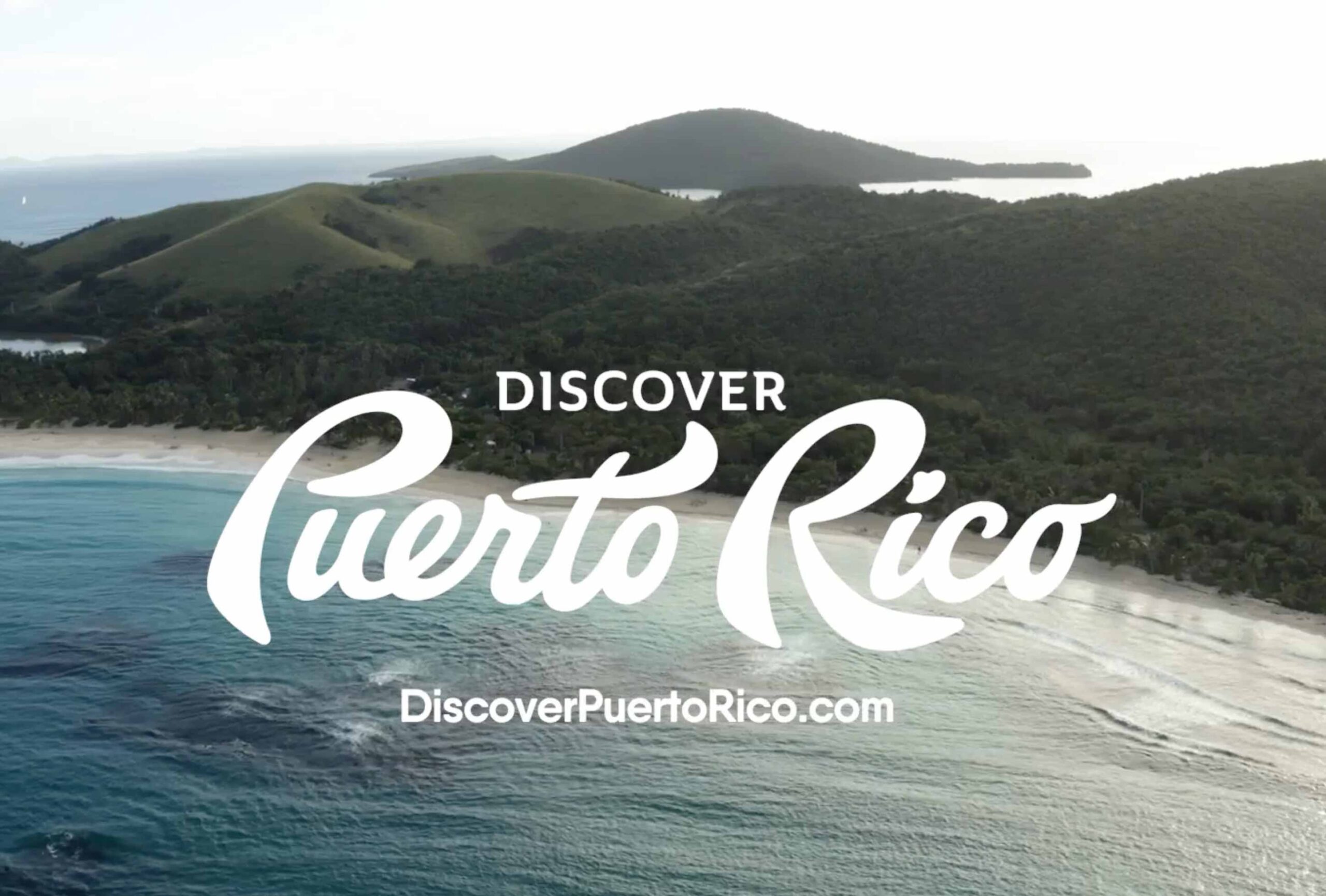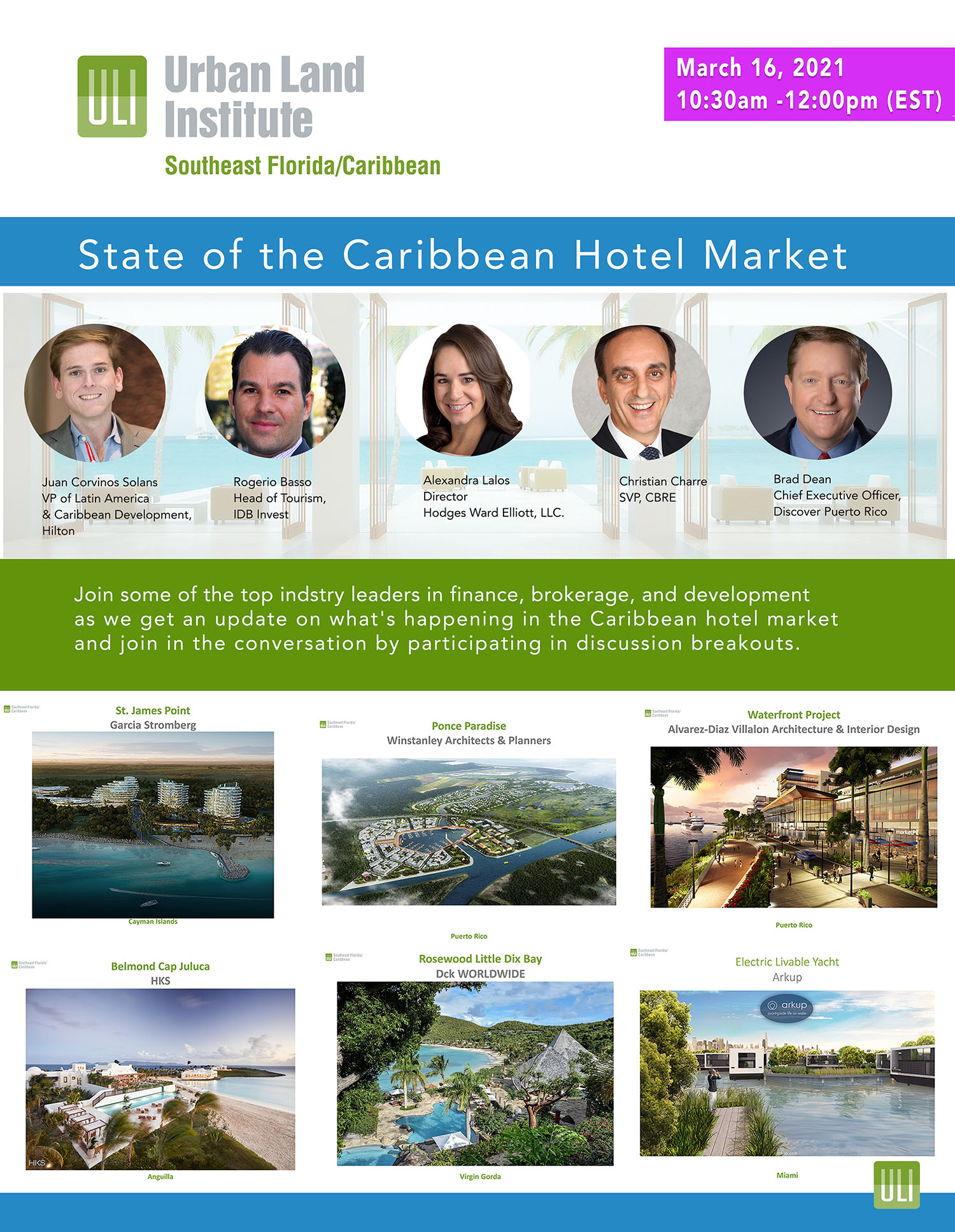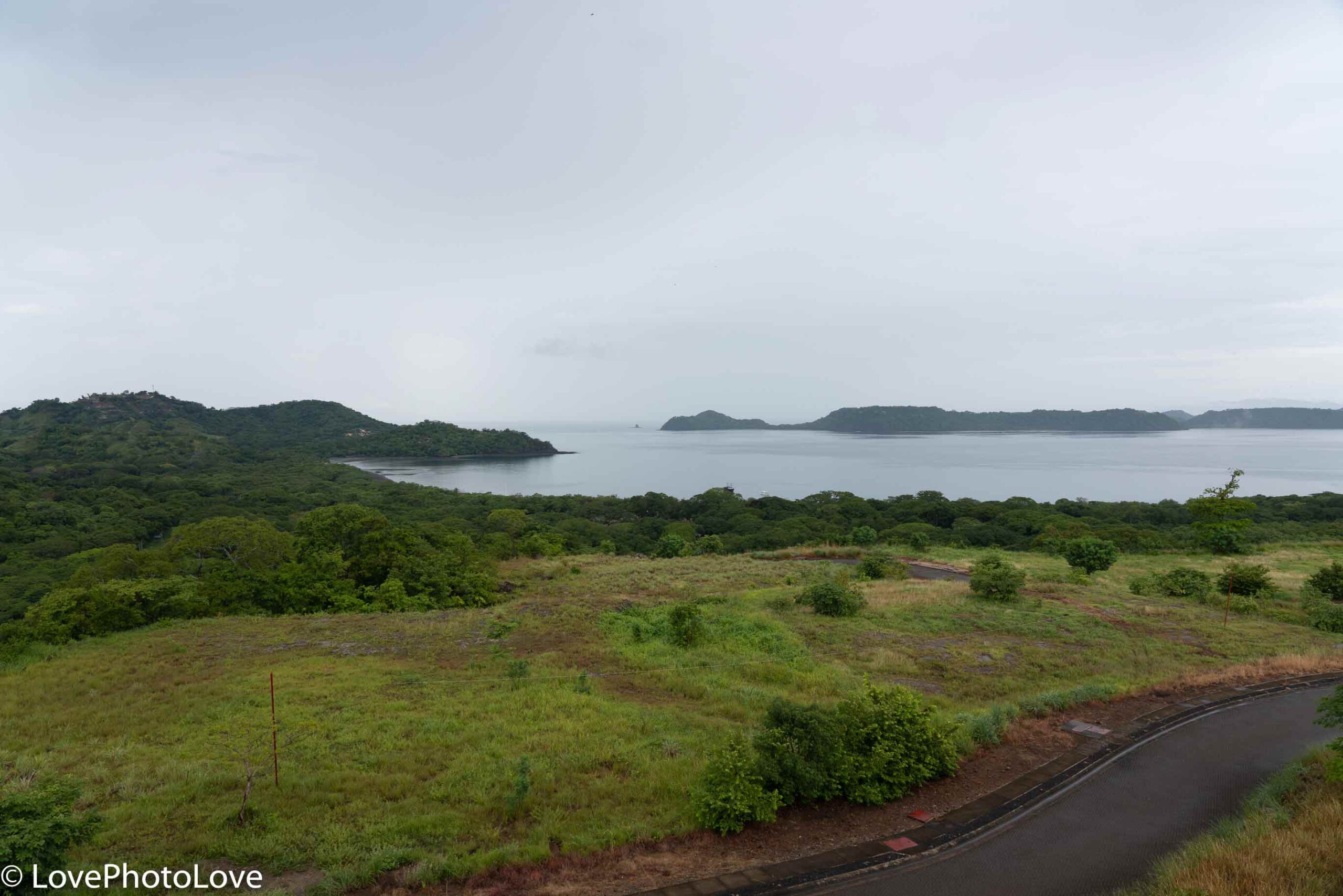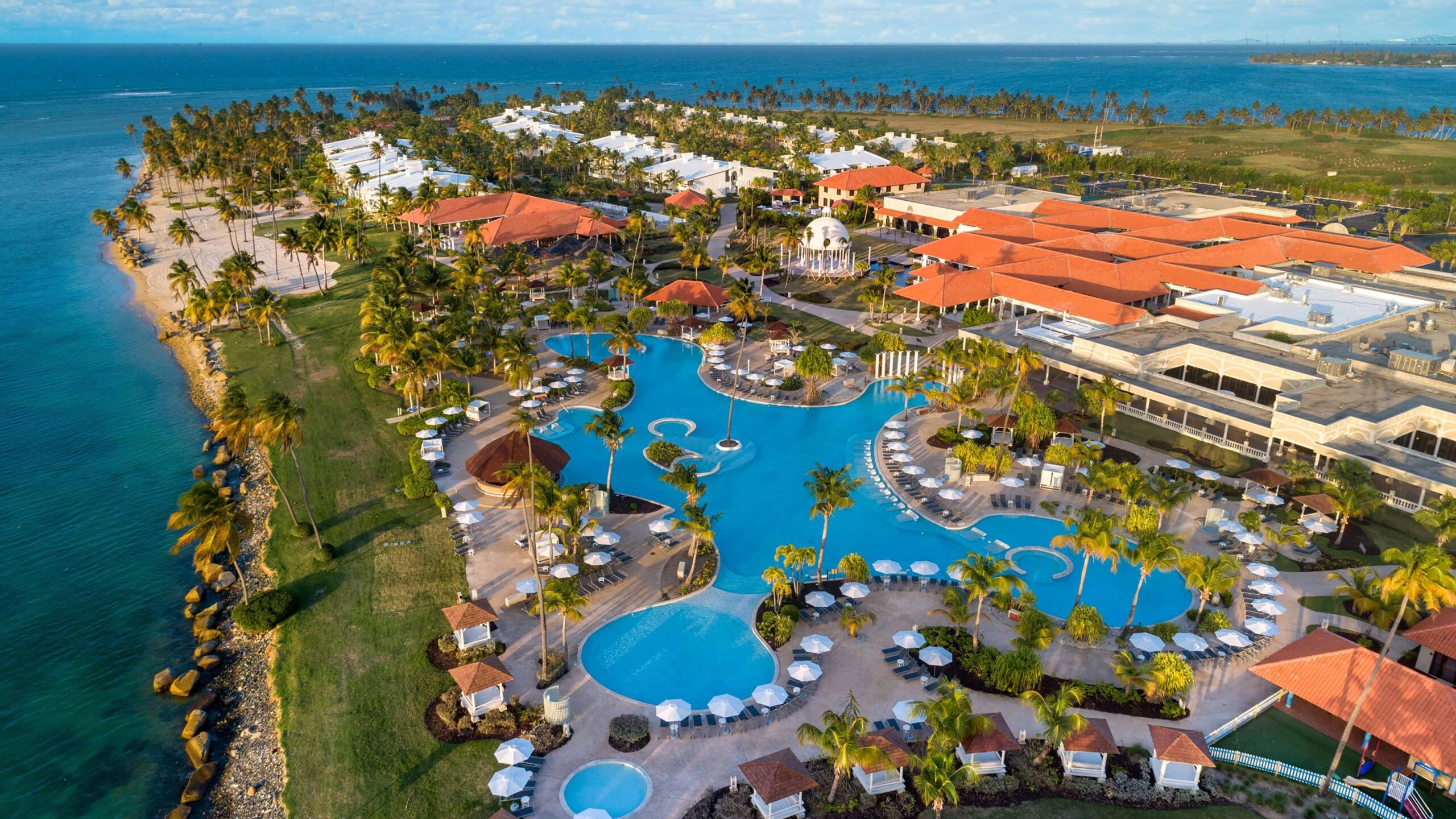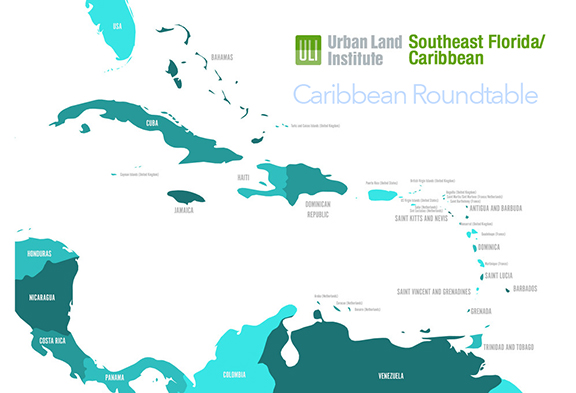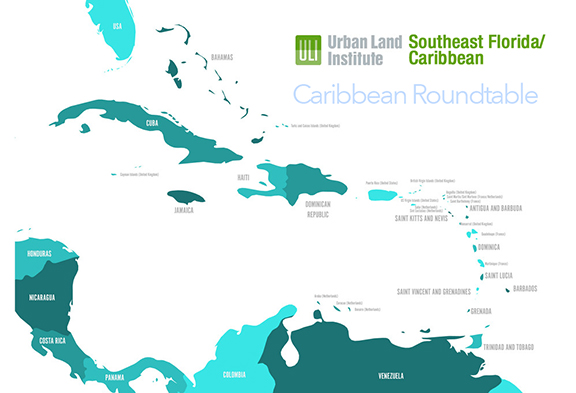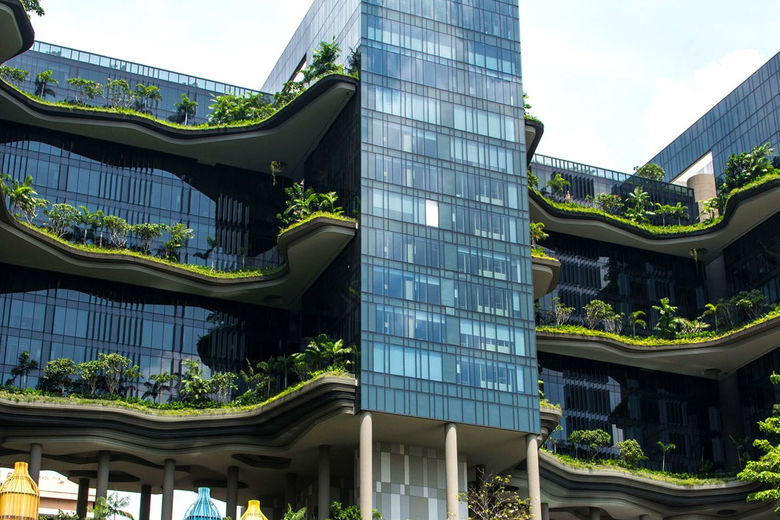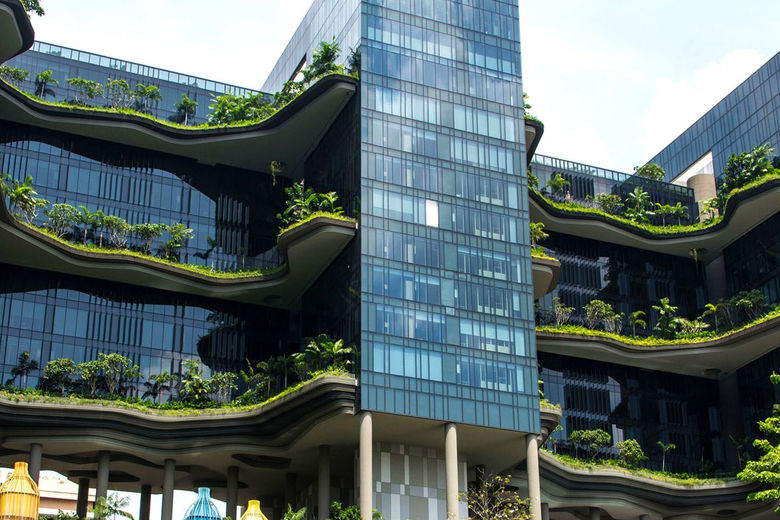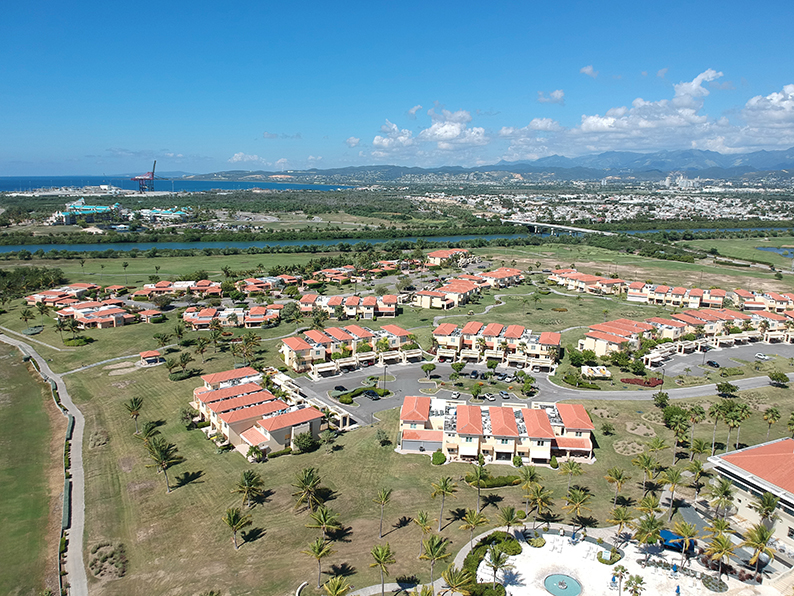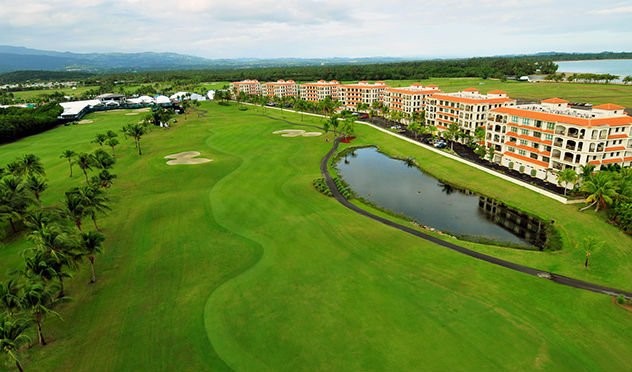Discover Puerto Rico Tourism video (2:45 s) highlights Puerto Rico’s unique selling proposition for tourism in 2022 and beyond. Interviews with Adam Greenfader of AG&T and Federico Stubbe of PRISA Group discuss the island’s rich culture, robust infrastructure, great airlift, and other benefits such as Federal tax incentives. Watch the video to learn how you can be part of Puerto Rico’s booming hospitality and tourism industry.
Puerto Rico means business. The island’s supportive ecosystem empowers entrepreneurs’ forward-looking vision with a spectrum of assets, including smart tax incentives, a highly skilled bilingual workforce, U.S. legal & financial frameworks, and an advanced network infrastructure.
- Discover Puerto Rico is the official destination marketing organization (DMO) for our Island, which was created by legislation in 2017. Learn more about the organization’s purpose and history, as well as the expert staff who help make the DMO successful.
- PRISA GROUP is a family-owned, Puerto Rico-based developer. PRISA is a builder of green residential communities and luxury hospitality projects. The Company has more than 500 employees and 6,000 units in planning and construction. The value of works is over $3 billion with over 30 years in the business.
- AG&T is a real estate development and consulting company founded in 1998 with headquarters in Miami, Florida. Our track record spans over 55 real estate development projects in Puerto Rico, Sint Maarten, Costa Rica, Panama, Mexico, Dominican Republic, and various other Caribbean islands.

